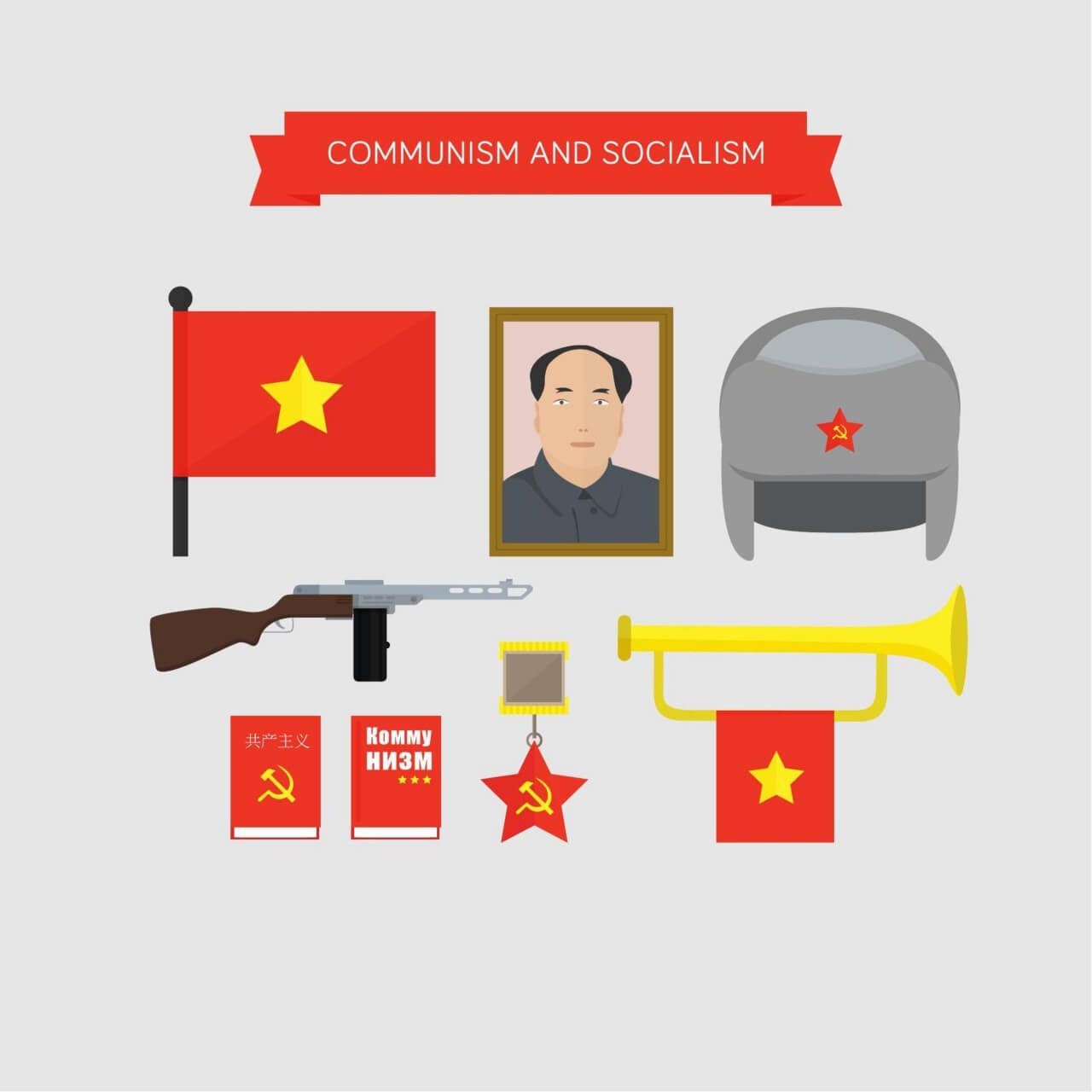Communism and socialism have deeply influenced modern history and politics, with iconic figures such as Karl Marx, Vladimir Lenin, Mao Zedong, Che Guevara, and many others leaving a lasting legacy. These prominent figures championed various incarnations of these ideologies, advocating for the collective ownership of resources, the abolition of private property, and the establishment of classless societies. Their images have been immortalized on posters, artwork, and cultural propaganda, becoming not just political leaders but also symbols of defiance, revolution, and solidarity.
Karl Marx, often regarded as the father of communism, developed his theories in collaboration with Friedrich Engels, challenging capitalist structures and calling for a redistribution of wealth to uplift the proletariat. His classic works, “The Communist Manifesto” and “Das Kapital,” formed the basis of communism as a theoretical framework, inspiring socialist movements worldwide. Similarly, Vladimir Lenin led the Bolshevik Revolution in Russia, establishing the world’s first socialist state and later founding the Soviet Union. Lenin’s revolutionary zeal and strategic vision solidified his place as an iconic Marxist leader.
Mao Zedong, the founding father of the People’s Republic of China, blended Marxist ideology with Chinese revolutionary spirit, propelling the country into a new era through programs like the Great Leap Forward and the Cultural Revolution. Mao’s philosophy, encapsulated in the “Little Red Book” of quotations, emphasized grassroots mobilization and class struggle, ensuring his enduring image in communist iconography. On the other hand, Che Guevara, a key figure in the Cuban Revolution alongside Fidel Castro, became a global symbol of guerrilla warfare and anti-imperialism.
These iconic figures are not without controversy, as their methods and legacies have sparked intense debates about human rights violations, authoritarianism, and economic impact. While some view them as champions of the working class and fierce critics of capitalist exploitation, others criticize their authoritarianism, censorship, and lack of political freedoms. Nonetheless, their roles in shaping the course of history and inspiring socialist movements around the world cannot be denied.
Communism and socialism have evolved over time, with different interpretations and applications in diverse countries and contexts. From the Nordic model of democratic socialism to the communist regimes of Cuba and North Korea, the spectrum of socialist ideologies varies in practice and impact. Despite the fall of the Soviet Union and the decline of communism as a global superpower, the ideals of social equality, wealth redistribution, and workers’ rights continue to resonate with many individuals and communities.
In conclusion, the icons of communism and socialism represent a complex tapestry of ideologies, actions, and legacies that have left an indelible mark on global history. Whether revered as revolutionary heroes or reviled as dictatorial figures, these




































